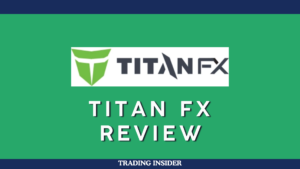MicroStrategy co-founder Michael Saylor has doubled down on his Bitcoin bet, purchasing another $2 billion worth of BTC after presenting an ambitious $81 trillion ‘Bitcoin strategic reserve plan’ to the U.S. Securities and Exchange Commission (SEC). The move reinforces his long-standing belief that Bitcoin should serve as a central pillar in global financial reserves.
Saylor’s latest acquisition further solidifies MicroStrategy’s position as the largest corporate holder of Bitcoin, continuing the company’s aggressive accumulation strategy. This purchase comes amid heightened institutional interest in BTC, with the approval of spot Bitcoin ETFs and increasing discussions about crypto’s role in global finance.
The billionaire’s presentation to the SEC outlined a long-term vision where Bitcoin could become a core reserve asset, rivaling traditional store-of-value instruments like gold and U.S. Treasuries. Saylor argues that Bitcoin’s scarcity, decentralization, and resilience make it an ideal alternative for governments and corporations looking to hedge against inflation and economic instability.

His latest Bitcoin buy also signals continued confidence in BTC’s long-term trajectory, des pite recent market volatility. Bitcoin has been hovering around key resistance levels, with analysts debating whether the next move will push prices higher or lead to another correction. However, Saylor’s bullish stance remains unchanged, reinforcing his strategy of accumulating BTC regardless of short-term price fluctuations.
This purchase adds to MicroStrategy’s already massive Bitcoin holdings, which have been central to the company’s corporate strategy in recent years. By integrating BTC into its balance sheet, Saylor has transformed MicroStrategy from a traditional software firm into a de facto institutional Bitcoin investment vehicle.
As the crypto market reacts to this latest development, Saylor’s relentless accumulation of Bitcoin continues to spark debate on the future role of digital assets in institutional finance, especially as regulatory discussions gain momentum.
















